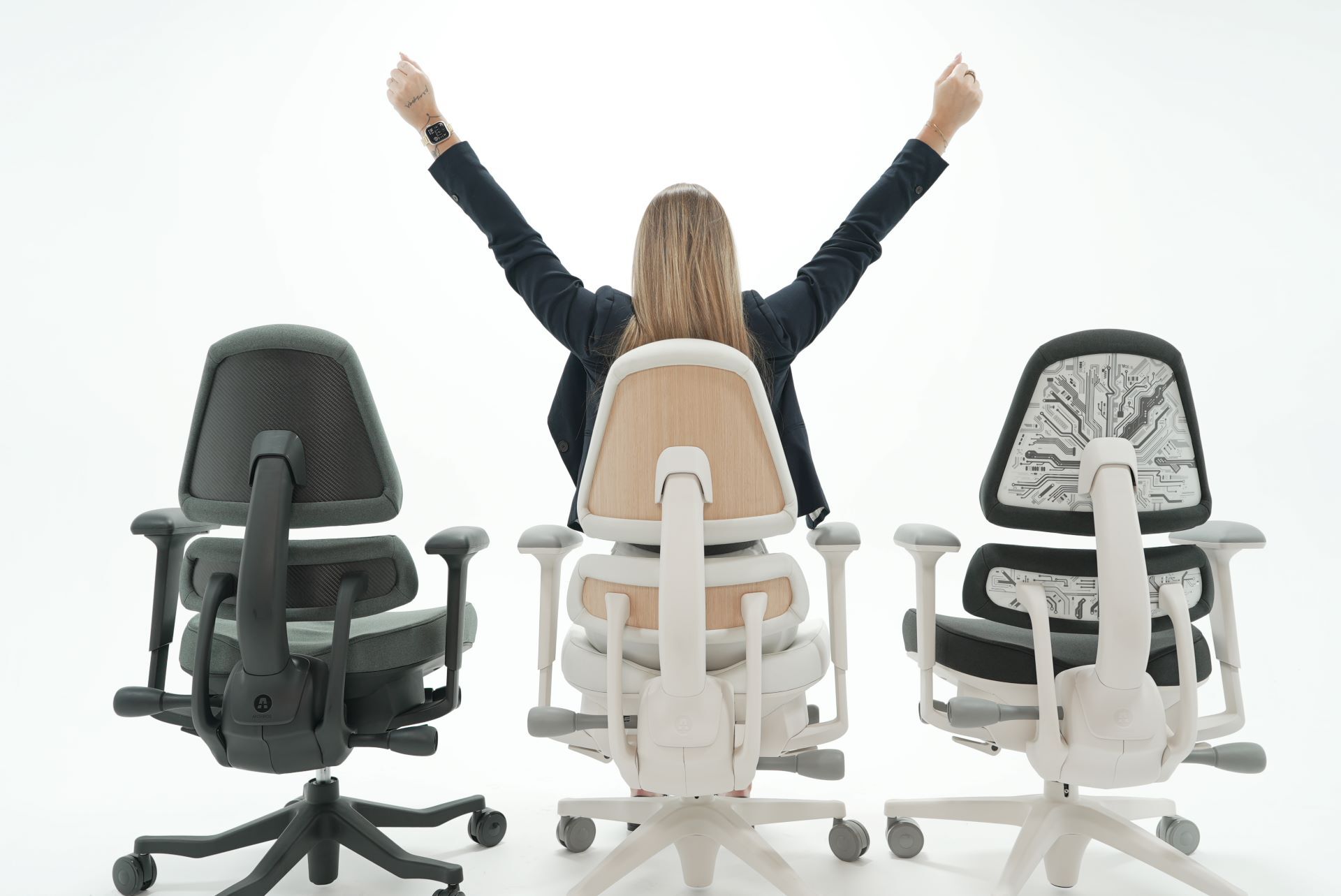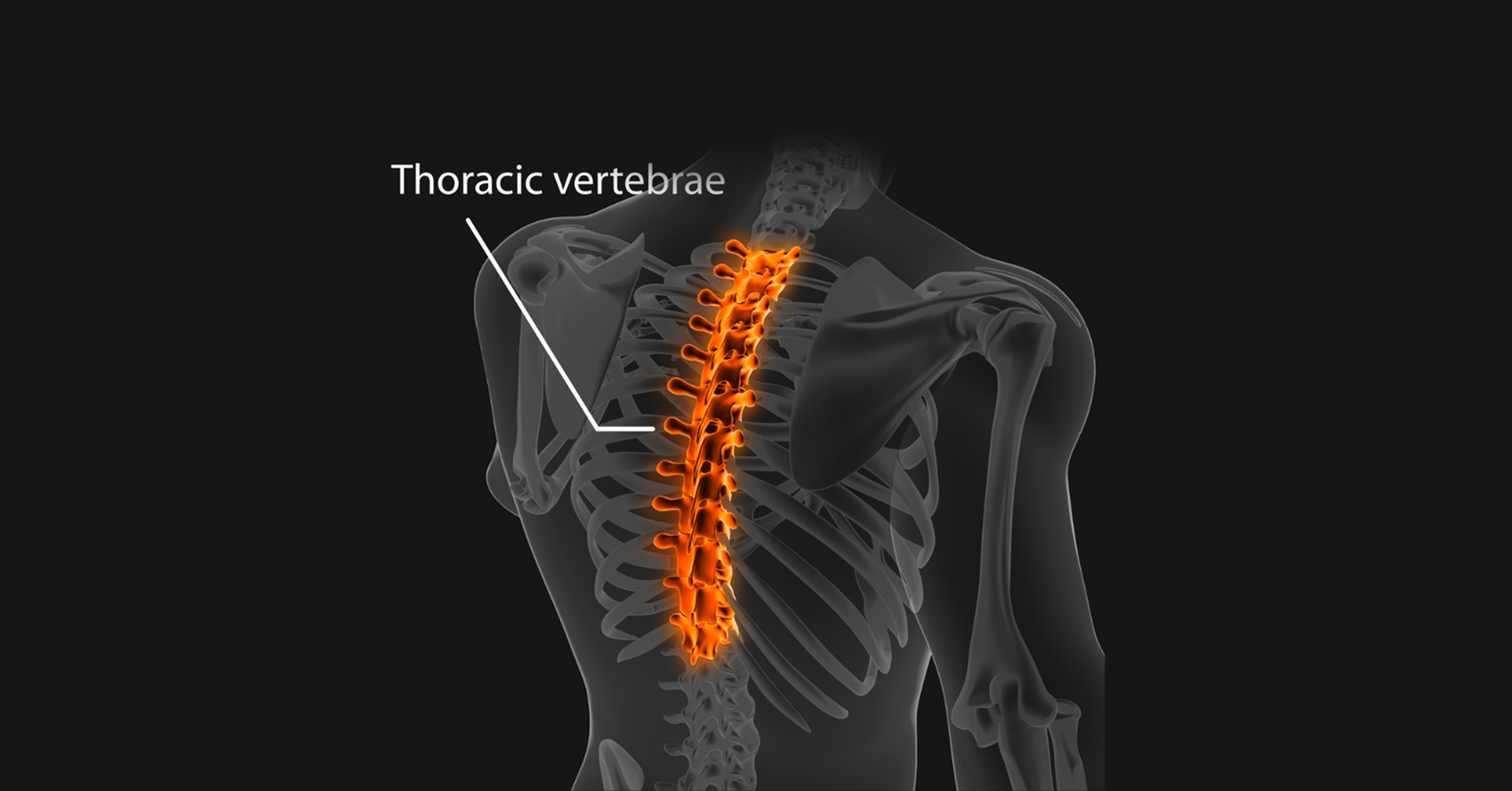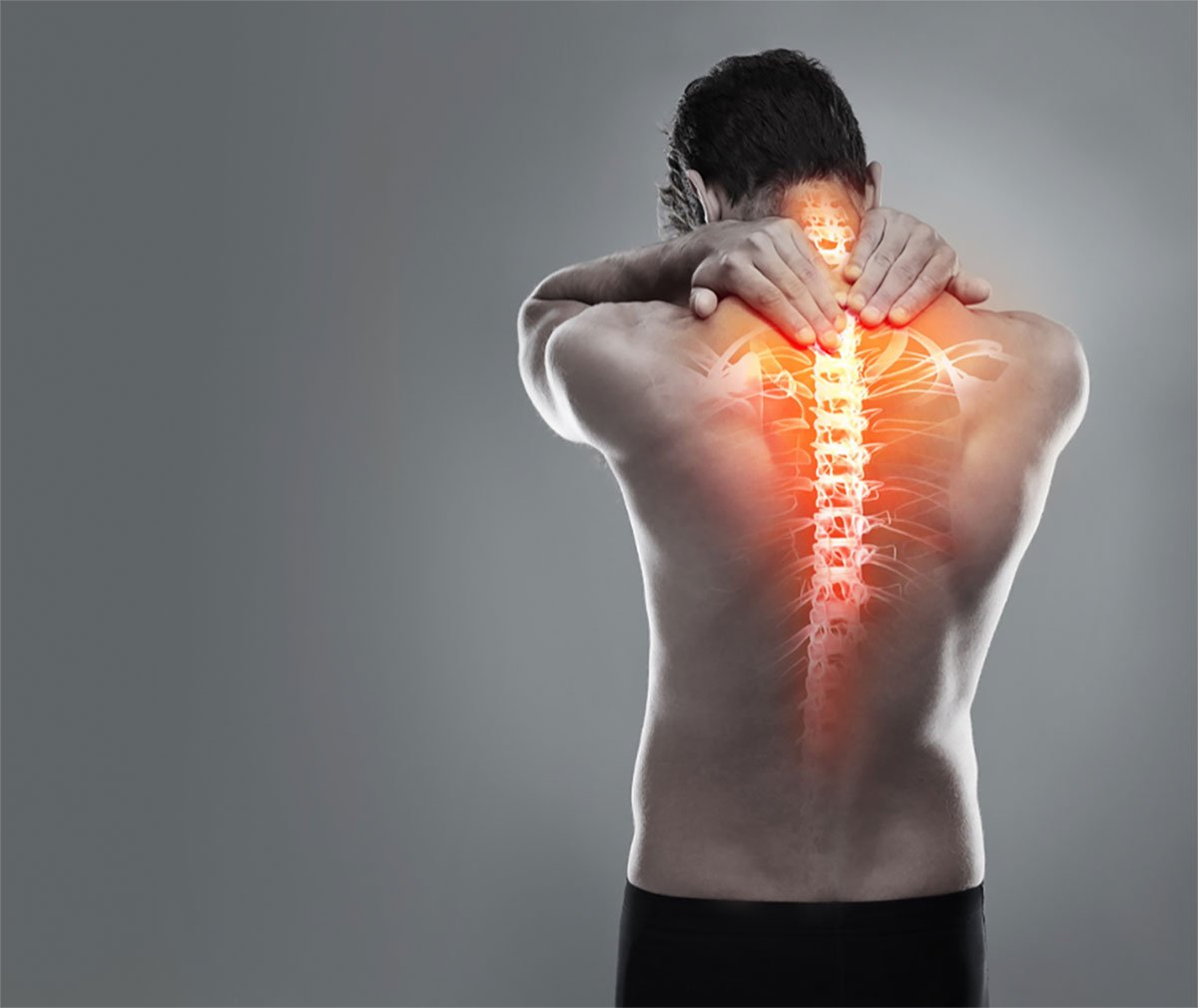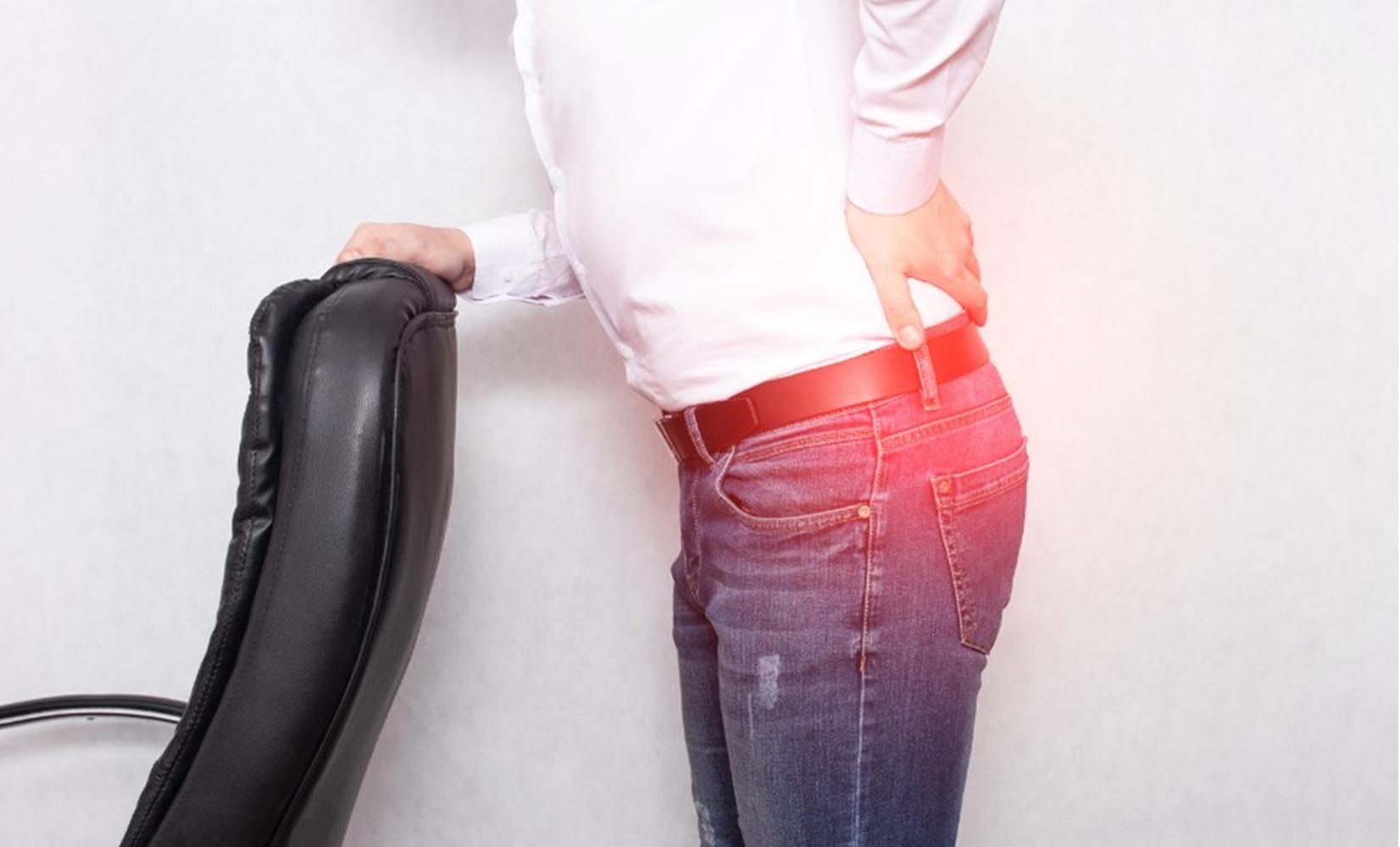Our focus today centers on posture and its potential to either cause or exacerbate the discomfort associated with spinal stenosis. What’s the correlation? If you struggle with this painful condition, the implications of this subject greatly affect your overall health, and our goal is to provide you with clarity.
Breaking Down Spinal Stenosis
Before we tackle the connection between posture and stenosis, let's grasp the fundamentals of spinal stenosis. This condition involves the narrowing of the spinal canal, typically due aging or underlying medical conditions. The narrowed space often leads to intense pressure on the spinal cord or nerves. This results in severe discomfort and a range of symptoms in the affected area of your back.
Confronting Posture Challenges in Our Day-to-Day Life
It's important to keep in mind that the health of your spine holds a profound impact, not only on your spinal stenosis but also on your overall well-being. So, it's crucial to treat your spine with the care and attention it deserves. Remember that your spine is at the core of your body's function and health.
Now, let's address the elephant in the room – bad posture. In today's digital age, where many of us spend hours hunched over desks or peering into screens, poor posture has become an all too familiar problem. It’s a serious issue. Slumping shoulders, rounded backs, and the infamous "tech neck" are common culprits. But how does bad posture relate to spinal stenosis?
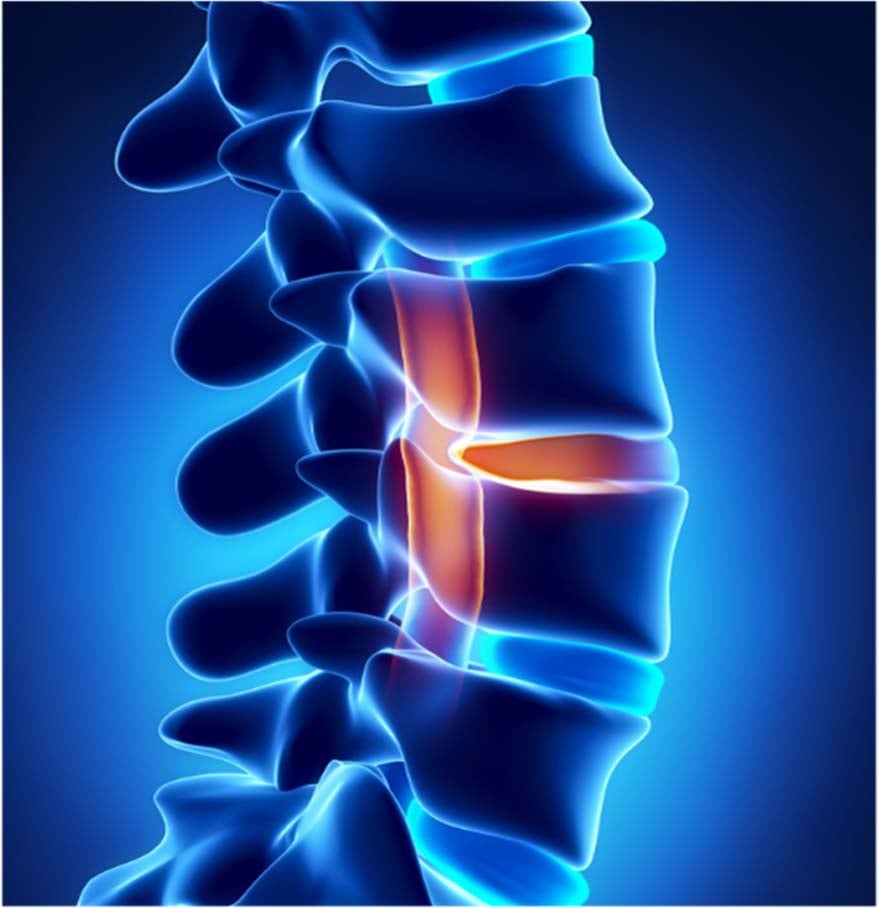
Bad Posture's Impact on Spinal Health While bad posture itself may not directly cause spinal stenosis, it can be a contributing factor. Here's how:
Increased Pressure: Prolonged periods of poor posture can increase pressure on the spine. This added stress may exacerbate age-related changes in the spinal canal, potentially hastening the development of stenosis.
Reduced Spinal Flexibility: Regular slouching and poor posture can reduce the spine's flexibility. This decreased flexibility may make individuals more prone to developing stenosis over time.
Symptom Aggravation: If you already have spinal stenosis, maintaining poor posture can exacerbate symptoms. It can further compress the spinal cord or nerves, intensifying pain and discomfort.
Spinal Stenosis and Posture: How Ergonomics Comes into Play
Can a Poor Office Chair Design Really Influence Spinal Stenosis?
What about the inexpensive office chair you're sitting in for hours on end? It's a valid concern. Low-cost chairs often lack the ergonomic features necessary to promote good posture and support spinal health.

Cheap chairs may lack
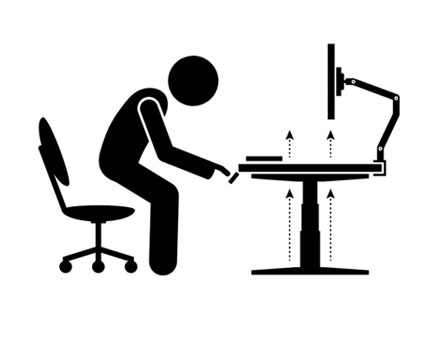
Adjustability
Inexpensive chairs often come with limited adjustability, making it challenging to customize your seating position. Think about how this relates to something like spinal stenosis. If you're dealing with stenosis, having a chair that you can't adjust properly might lead to more discomfort. You might end up leaning in odd ways to compensate, putting even more strain on your spine. So, while budget chairs can save you some cash up front, they might cost you in terms of comfort and, potentially, your spinal health.
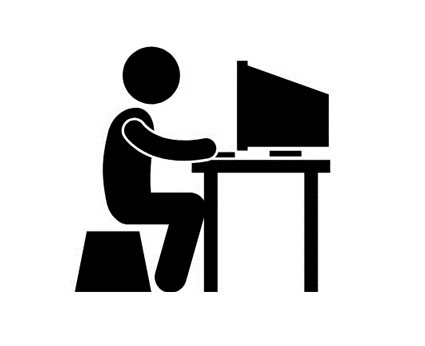
Proper posture support
Proper pelvis support is crucial for maintaining the natural curve of your lower back. Many budget chairs lack this essential feature. Lumbar support primarily focuses on the lower part of your spine, and it's designed to fill the curve in your lower back. Pelvis support offers a more comprehensive solution. It doesn't just target the lumbar area; it supports your entire pelvis. promoting a healthier and more natural spinal alignment, which is particularly crucial if you're dealing with something like spinal stenosis.

Thin and uncomfortable cushion
Prolonged use of uncomfortable chairs can encourage poor posture as you constantly shift to find a comfortable position. If a seat is too hard, too soft, in an attempt to find some comfort, you start shifting around. You might slouch, cross your legs, or even perch on the edge of the chair. Over time, this can become a habit. Your body adapts to these awkward positions, and before you know it, poor posture becomes the norm. Poor posture is a contributing factor to issues like spinal stenosis. That's why investing in a chair that provides proper support and comfort is more than just a luxury – it's an investment in your spinal health and overall well-being.
Your Health Is an Asset Worth Investing In
While bad posture and inexpensive chairs may not directly cause spinal stenosis, they can certainly contribute to its development or worsen existing symptoms. Investing in an ergonomic office chair and workspace setup can significantly lessen the risks associated with bad posture. A well-designed chair offers adjustability, pelvis support, and comfort – key ingredients for a healthier, more comfortable workday.
Remember that your spine is at the core of your body's function and health. By treating it well and making choices that promote its longevity and well-being, you're not only addressing spinal stenosis but also enhancing your overall quality of life.
If you are looking to improve posture and decrease pain while sitting, look no further than Anthros. Anthros is the only chair in the world that is guaranteed to improve posture or your money back. The science-backed, patented design is registered with the FDA as a posture-improving chair and is proven to have the lowest pressure (most comfortable) cushion on the planet (verified by university testing).
Take the next step to reducing pain, increasing comfort, and maximizing performance!
STENOSISRecent Post

Anthros Decompress Mode: A New Way to Sit, Move, and Recover
December 23, 2025Adding a cushion to your office or gaming chair...
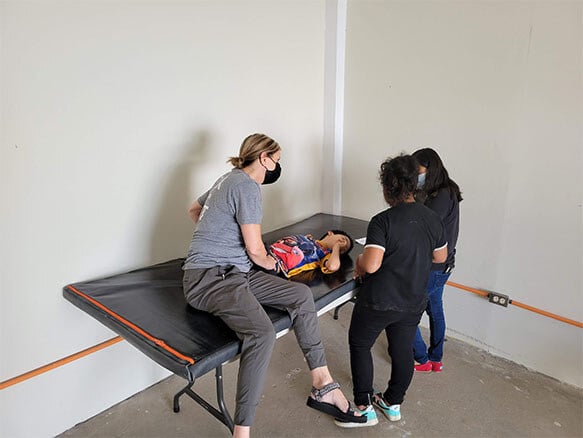
Four Lessons About Seating Everyone Can Learn from Wheelchair Users
September 18, 2025Working with wheelchair users has been an...






